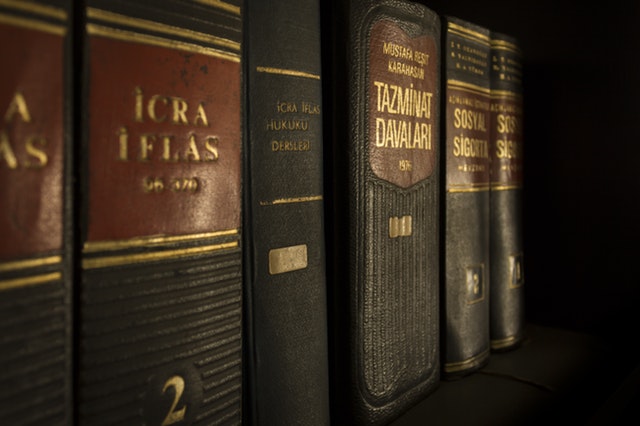Ethical Responsibilities of a Lawyer

All professions require a code of ethics. While there are various ethical standards expected of every adult citizen, professional ethics is a slightly higher code of ethics and non-compliance may result in malpractice. This code is usually a whole lot of moral considerations, proper conduct and commitment to act accordingly to a certain practice. One profession with a strict code of ethics includes the practice of law. It does not matter if you are a trademark lawyer or a criminal lawyer, this code of ethics still applies.
Lawyers have a plethora of duties and roles which may be summed up into adhering to three ethical responsibilities. They are:
Duty to the Court
A lawyer is expected to act appropriately when in court and when addressing the judge. It is expected of a lawyer to dress when representing a client in an appropriate manner. While practising, the actual license should never be outdated or tampered with. At all times, a lawyer is expected to act honestly and respectfully concerning the entire process. This includes, but is not limited to, gathering and presenting pieces of evidence, making an appeal, and maintaining objectivity.
Duty to Pay Allegiance and Obedience to the Law
A lawyer is more than required to comply with the law. While some people may commit an error in doing so, intentionally or unintentionally, the obligation amongst lawyers is more stringent. This is due to the attorney’s oath they pledge to. They are bound to uphold the rule of law at all times and at its purest intent of creating order. The fact that the public looks up to legal practitioners should be considered too. Lawyers can be sentenced to prison if they ever commit offences such as contempt of court, malpractice, diminishing public confidence in judicial administration, or bringing the profession into disrepute since all of these are considered criminal offences.
Duty to Client
Last but not least, a lawyer has a duty to their client to represent them accordingly and appropriately, with an ultimate aim to hail justice. Lawyers must remain objective in all cases as clients are innocent until proven guilty. Wills and estates lawyers, although dealing with civil law, must also act in the clients interests with objectivity.

In general, here are other ethical responsibilities in addition to each of the main ethical obligations.
1. In all proceedings, a lawyer must practice honesty and courtesy.
2. A lawyer should respect boundaries when it comes to approaching the other party while a trial is in session, whether in court or outside court. You may converse only when that party has a legal representative present.
3. A lawyer should never take unfair opportunities when an error represents itself that could benefit their case.
4. A lawyer, with their knowledge and power, should not bully the other party or blackmail anybody involved in the case.
5. A lawyer should never put another lawyer’s reputation on the line accusing him or her of unlawful practice or unprofessionalism.
6. Confidential information should always be disclosed to a higher counsel. The High Court is an example of a professional, ethical board of lawyers and judges supporting proper judicial practice.
Being protectors of the oppressed and representatives of the abused, lawyers have the sole responsibility of speaking for the ones who can’t. Ethics emerged from honouring civil rights, but it should not be limited to only that, or any code, based on what this article had explored. Lawyers should understand the entire scope of their profession is focused on ethics and is extremely influential to society. They should be models of what is right and what citizens should emulate.
Overall, one should responsibly become the best instigator of what they practice considering the knowledge, powers, and privileges their ethical profession entails.








